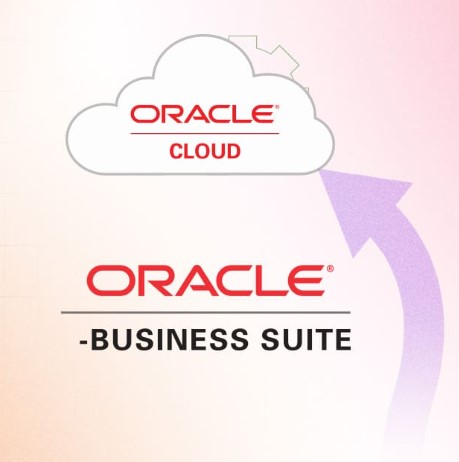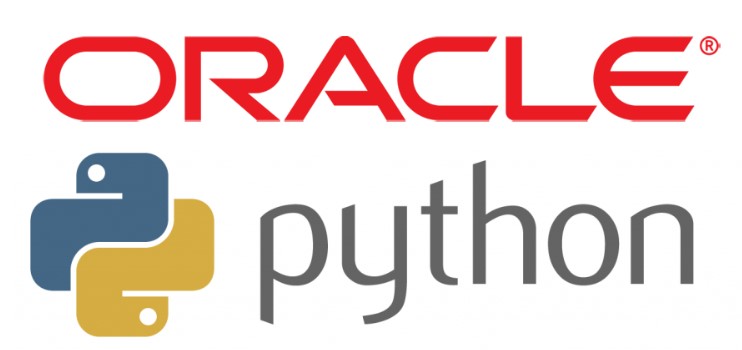Reading Time: 7 min
Small businesses are increasingly adopting advanced technologies to stay competitive, agile, and efficient. Among these technologies, Artificial Intelligence (AI) is making a significant impact—especially when integrated with Enterprise Resource Planning (ERP) systems. Traditionally viewed as complex and resource-heavy, ERP systems are now becoming smarter, more accessible, and more cost-effective for small enterprises thanks to AI innovations.
In this article, we’ll explore how AI is revolutionizing ERP for small businesses in 2025 and how you can leverage this transformation to streamline operations, reduce costs, and make data-driven decisions.
Why AI-Driven ERP is a Game-Changer
AI in ERP is more than just a trend—it’s a strategic advantage. Traditional ERP platforms rely on static data and manual workflows. AI-enhanced systems bring predictive analytics, real-time decision-making, and intelligent automation into the picture.
For small businesses, this means:
- Faster operations with fewer errors
- Proactive decision-making rather than reactive fixes
- Cost reduction through process optimization
- Enhanced customer experiences
With ERP software in 2025 increasingly integrating AI tools for business, even the smallest company can achieve enterprise-grade capabilities.
Key Benefits of AI in ERP for Small Businesses
1. Automated Routine Tasks
AI eliminates the need for manual input in areas such as:
- Invoice processing
- Expense categorization
- Order fulfillment
- Payroll management
By automating repetitive tasks, small businesses can free up resources for strategic growth activities. This increases productivity while minimizing the risk of human error.
2. Real-Time Decision Making
AI-powered ERP software in 2025 allows small businesses to gain insights as events unfold. For example:
- Predict cash flow shortages weeks in advance
- Forecast demand based on historical trends and external factors
- Identify and respond to inventory bottlenecks in real-time
The ability to make fast, data-driven decisions is crucial in competitive markets.
3. Personalized Dashboards and User Experience
AI in ERP systems learns from user behavior and preferences, tailoring the interface to show the most relevant information for each user. This makes it easier for employees to navigate the system, reduces onboarding time, and improves adoption rates—especially in small teams where multitasking is common.
4. Smarter Financial Management
AI tools for business finance embedded in ERP software can:
- Detect fraudulent transactions
- Automatically classify expenses
- Simplify compliance reporting
- Shorten monthly closing cycles
For small businesses with limited finance teams, this can save valuable time and reduce costly mistakes.
5. Supply Chain and Inventory Optimization
ERP for small business often includes basic inventory modules. When powered by AI, these become powerful tools that:
- Forecast demand more accurately
- Optimize reorder points and quantities
- Suggest alternate suppliers based on risk indicators
- Reduce stockouts and overstock scenarios
Even businesses with limited warehouse space benefit from leaner, more responsive inventory systems.
6. Enhanced Customer Relationship Management (CRM)
Modern ERP platforms integrate CRM functionalities enhanced with AI. This helps small businesses:
- Personalize marketing campaigns
- Predict customer behavior and preferences
- Automate follow-up actions
- Identify churn risks early
As a result, businesses can deliver better customer service and increase retention with less manual effort.
7. Better Human Resource (HR) Management
AI-driven ERP solutions assist with HR tasks such as:
- Screening candidates through resume analysis
- Predicting employee turnover
- Streamlining onboarding processes
- Automating training and development pathways
With AI helping manage the workforce, small businesses can focus more on people than paperwork.
Choosing the Right AI-Enabled ERP Platform
Not all ERP software is created equal, and choosing the right platform can make a major difference. When evaluating ERP software in 2025, small businesses should consider:
- Cloud-based deployment for scalability
- Integration with existing tools (e.g. CRM, eCommerce, accounting software)
- AI features like natural language processing, predictive analytics, and intelligent automation
- Vendor support and community resources
Some top-rated ERP tools offering robust AI features for small businesses include:
- NetSuite (Cloud ERP with AI-driven analytics)
- Odoo (Modular, open-source with AI integrations)
- Zoho ERP (Affordable and intuitive with built-in AI assistant)
- Microsoft Dynamics 365 (Scalable and intelligent, ideal for growth-focused SMBs)
Note: These platforms may include affiliate links for monetization purposes.
The Cost Factor: Is AI in ERP Affordable?
Yes—AI in ERP is becoming more affordable, thanks to:
- SaaS models that lower upfront costs
- Tiered pricing for small businesses
- Reduced operational costs due to automation
- Faster ROI through process efficiencies
Investing in ERP software for small business might seem daunting, but with AI integration, the long-term gains in productivity, accuracy, and strategic agility far outweigh the initial costs.
Future Trends to Watch
As we move further into 2025, small businesses should keep an eye on these developments:
- Voice-enabled ERP commands for hands-free workflows
- AI + IoT for real-time equipment monitoring and asset management
- Augmented Reality (AR) interfaces in inventory and warehouse systems
- Hyper-personalized AI recommendations for sales and operations
Staying updated on these trends will ensure your ERP strategy remains future-proof.
Conclusion
AI is reshaping the ERP landscape—and for small businesses, this shift is nothing short of revolutionary. From automating back-office functions to empowering strategic insights, AI tools for business are leveling the playing field.
Small companies can now benefit from smart ERP systems that were once only available to enterprise giants. By embracing AI in ERP, you’re investing in scalability, efficiency, and sustainable growth.



